Exploring the science of happiness can offer profound insights into what makes life fulfilling and joyful. These eight books delve into the psychological, biological, and social aspects of happiness, providing valuable tools and perspectives to enhance your well-being. Whether you’re looking to improve your own happiness or understand the broader science behind it, these titles are a great place to start.
“The How of Happiness: A Scientific Approach to Getting the Life You Want” by Sonja Lyubomirsky
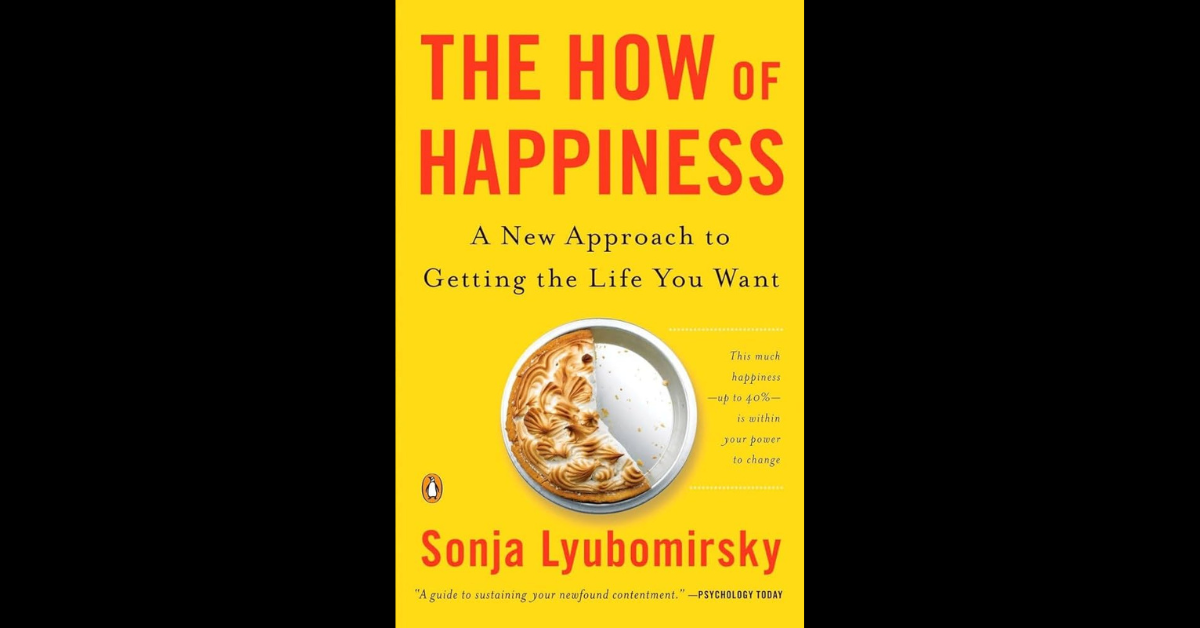
Sonja Lyubomirsky, a leading positive psychology researcher, presents a comprehensive guide to achieving lasting happiness. “The How of Happiness” offers evidence-based strategies and exercises designed to increase well-being and life satisfaction. Lyubomirsky’s practical approach and scientifically backed methods make this book a valuable resource for anyone seeking to improve their happiness.
“The Happiness Project” by Gretchen Rubin
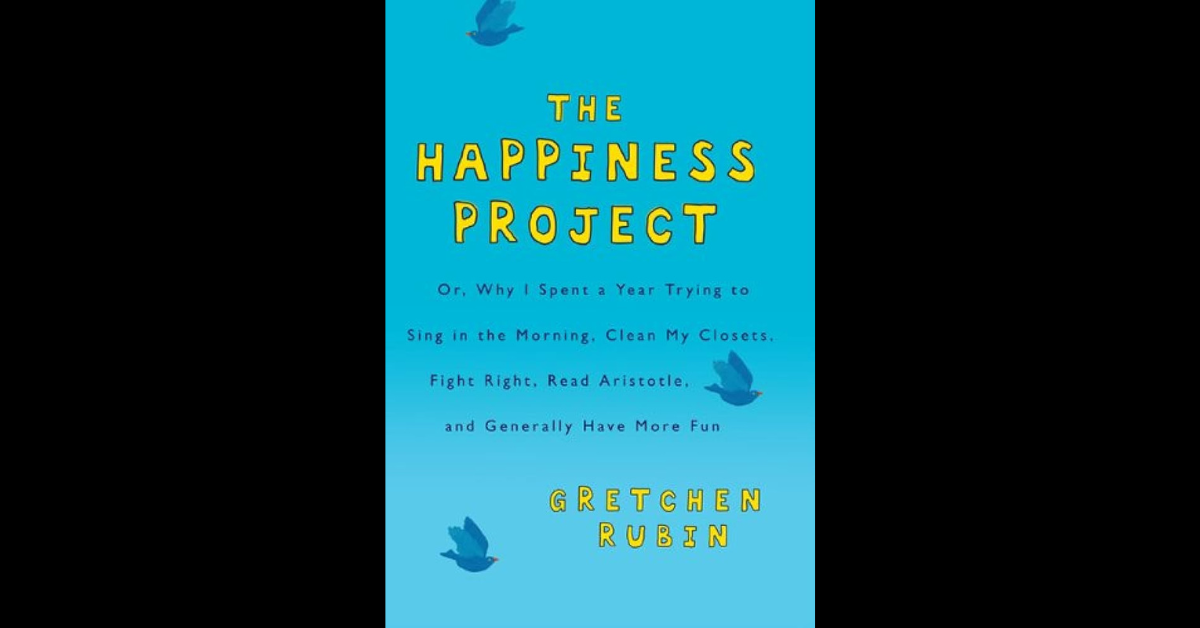
In “The Happiness Project,” Gretchen Rubin chronicles her year-long journey to discover what truly makes her happy. Through a series of monthly experiments based on scientific research and practical wisdom, Rubin explores various aspects of happiness, from improving relationships to boosting energy levels. Her engaging narrative and actionable tips inspire readers to embark on their own happiness projects.
“Stumbling on Happiness” by Daniel Gilbert
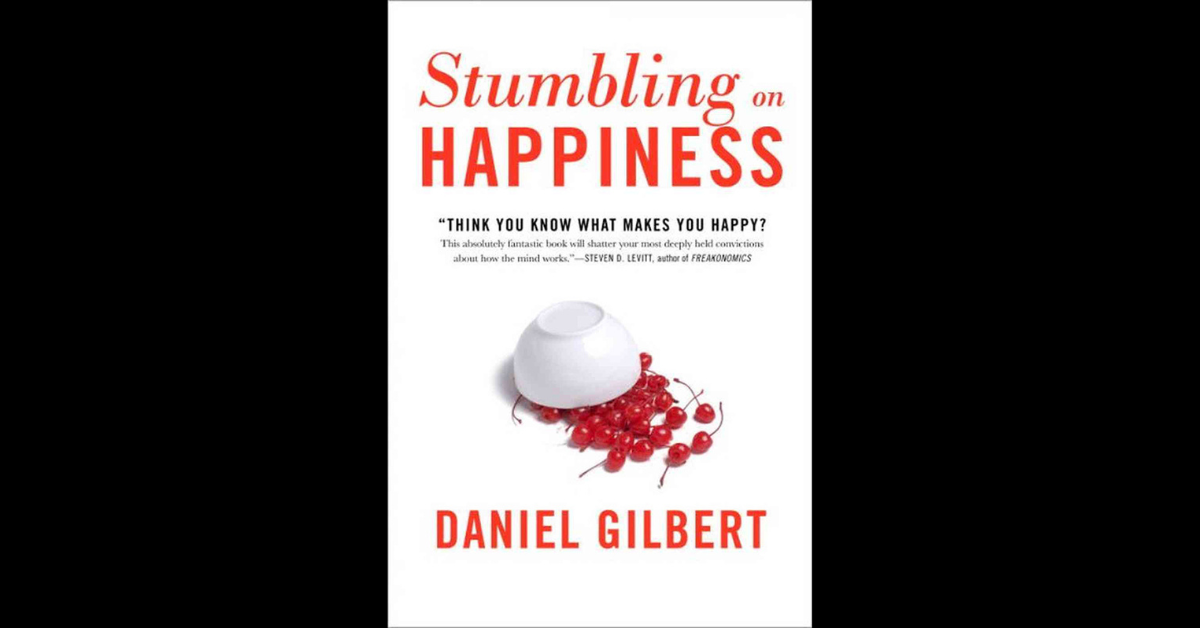
Daniel Gilbert, a Harvard psychologist, explores the ways in which our brains misjudge what will make us happy. Through a blend of humor and scientific insight, “Stumbling on Happiness” reveals the cognitive biases and errors that influence our pursuit of happiness. Gilbert’s engaging writing style and thought-provoking ideas challenge readers to rethink their assumptions about happiness.
“The Road Less Traveled: A New Psychology of Love, Traditional Values, and Spiritual Growth” by M. Scott Peck
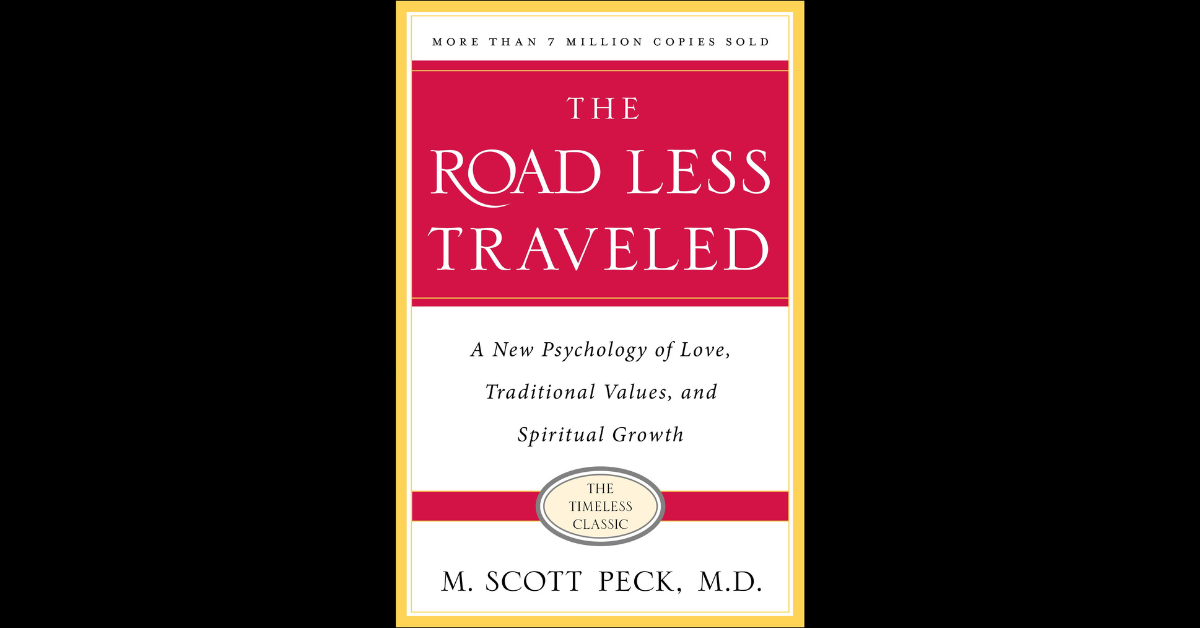
M. Scott Peck’s classic work “The Road Less Traveled” delves into the psychological and spiritual dimensions of happiness. Peck discusses the importance of discipline, love, and spiritual growth in achieving true fulfillment. His profound insights and timeless wisdom offer a holistic approach to understanding and cultivating happiness in life.
“Flourish: A Visionary New Understanding of Happiness and Well-being” by Martin E.P. Seligman
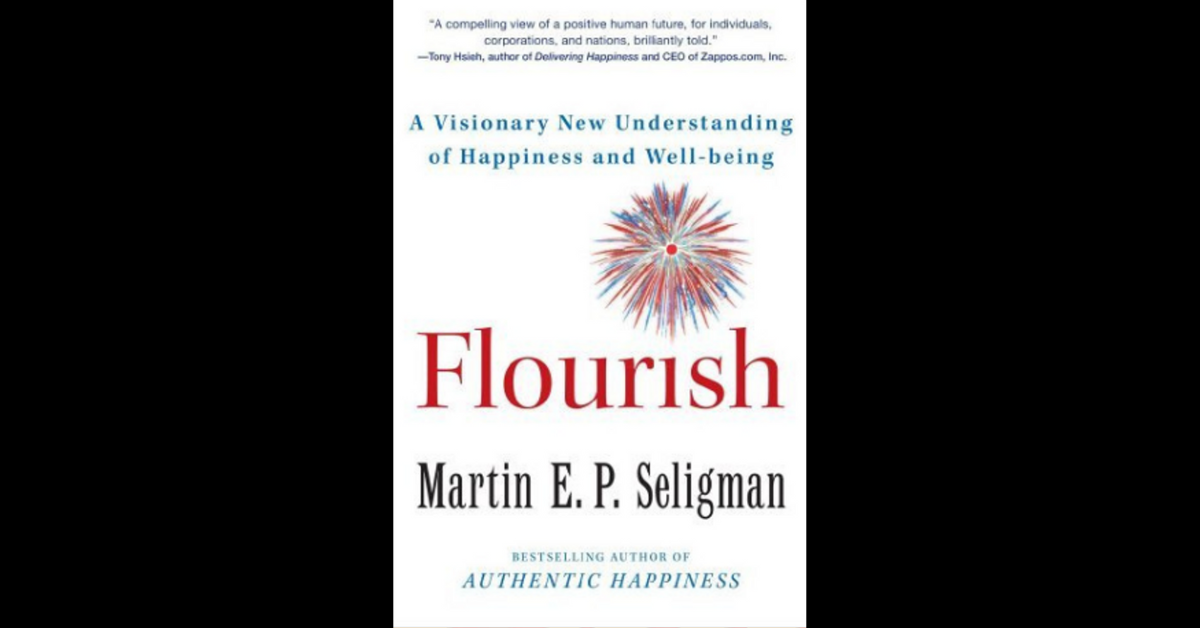
Martin Seligman, a pioneer in positive psychology, expands the definition of happiness in “Flourish.” He introduces the concept of well-being, which encompasses positive emotions, engagement, relationships, meaning, and accomplishment (PERMA). Seligman’s research-based strategies and practical exercises provide a roadmap for achieving a flourishing life.
“The Art of Happiness” by the Dalai Lama and Howard Cutler
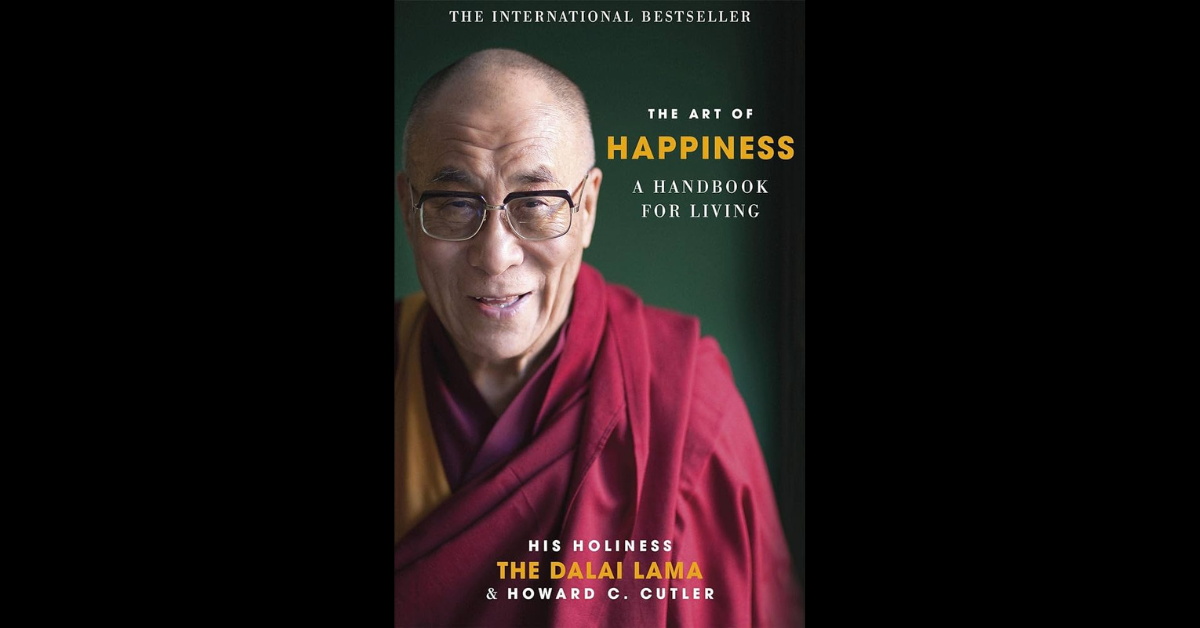
In “The Art of Happiness,” the Dalai Lama and psychiatrist Howard Cutler explore the intersection of Buddhist philosophy and Western psychology. Through a series of conversations, they examine the nature of happiness and offer practical advice for cultivating a more joyful and compassionate life. The book’s blend of spiritual wisdom and scientific insight makes it a compelling read.
“Happiness: A Guide to Developing Life’s Most Important Skill” by Matthieu Ricard
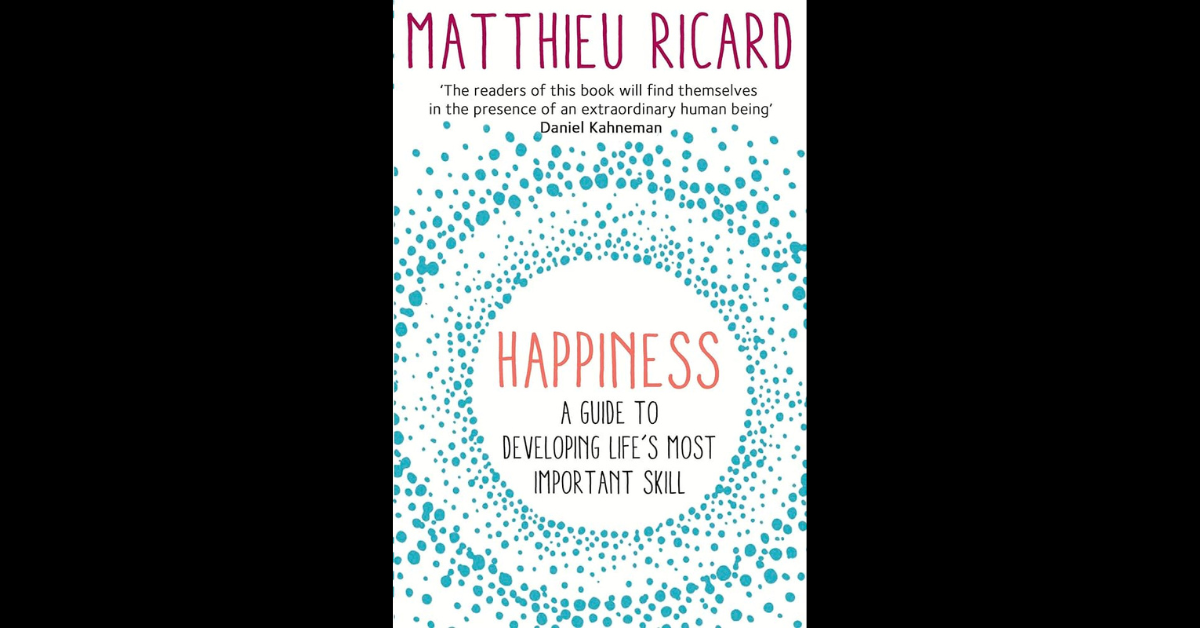
Matthieu Ricard, a Buddhist monk and former molecular biologist, combines Eastern and Western perspectives in his exploration of happiness. “Happiness: A Guide to Developing Life’s Most Important Skill” draws on scientific research and Buddhist teachings to provide practical techniques for training the mind and cultivating inner peace. Ricard’s unique perspective offers a holistic approach to achieving lasting happiness.
“Authentic Happiness: Using the New Positive Psychology to Realize Your Potential for Lasting Fulfillment” by Martin E.P. Seligman
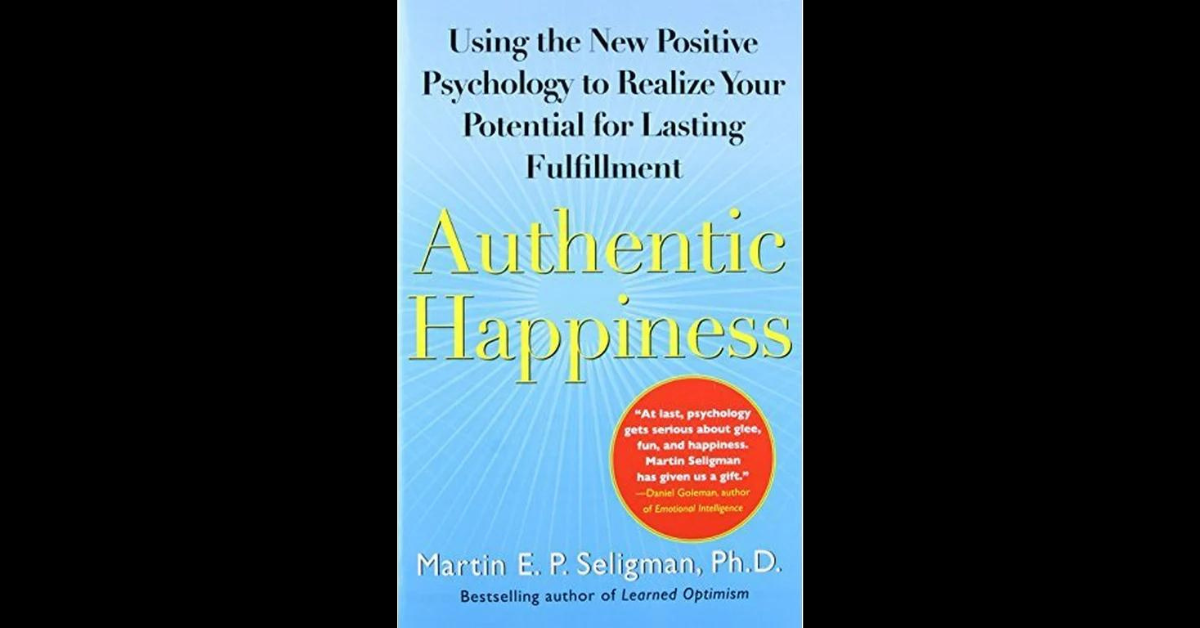
Another influential work by Martin Seligman, “Authentic Happiness” introduces the principles of positive psychology and their application to everyday life. Seligman presents scientifically validated exercises and strategies for building strengths, cultivating positive emotions, and achieving authentic happiness. This book serves as a foundational text for anyone interested in the science of well-being.




















